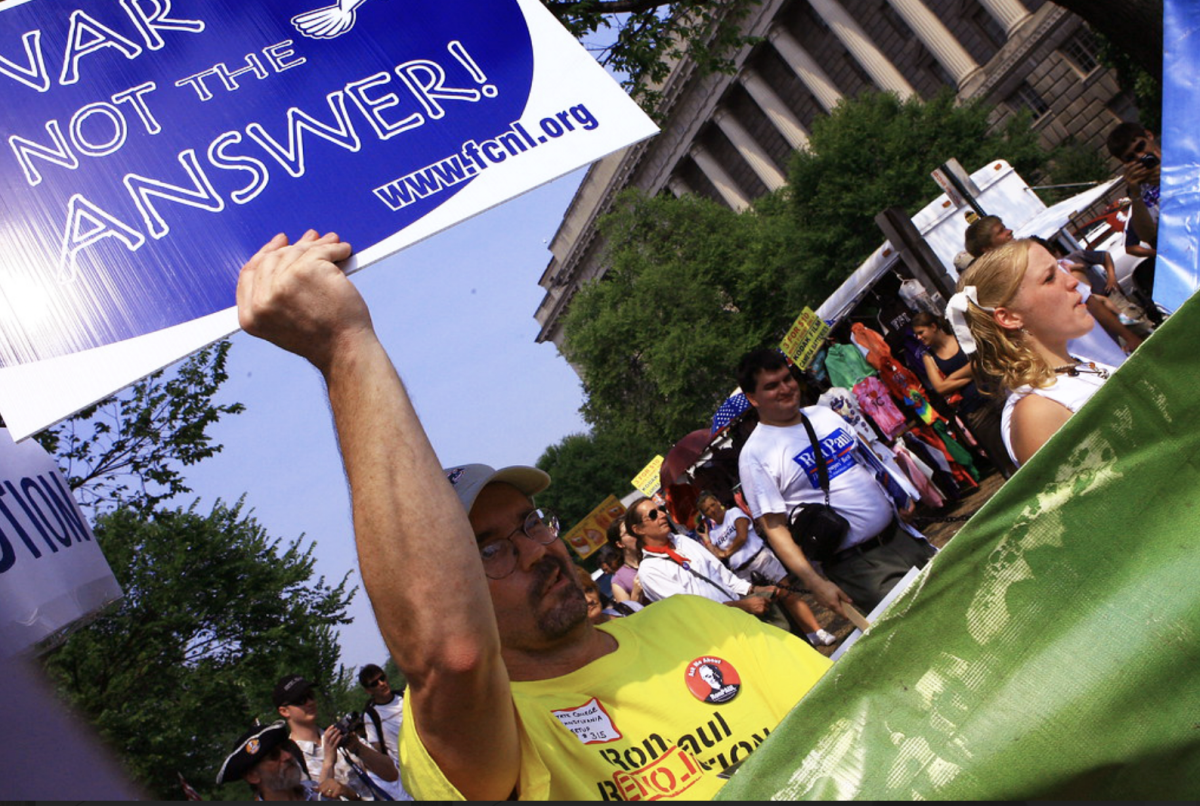
On Oct. 30, United States President Joe Biden signed into law an executive order regulating the development and use of artificial intelligence (AI) within the United States.
Over 100 pages long, the order issues rules and regulations for companies and federal agencies amid a surge of novel AI technology this year.
According to their website, the White House states that the Biden Administration aims to “harness the benefits and mitigate the risks” of AI, seeking a middle ground between uncontrolled AI acceleration and fluid AI innovation.
This proposed middle ground could affect many people, from AI ethics advocates to CEOs to foreign workers.
The new regulations require AI companies to report all safety testing data to the government before releasing new models and products to the public. They also need cloud providers that rent their services to AI companies to inform the government about their foreign customers.
According to Vox, industry leaders are somewhat relieved the administration did not go as far as requiring licenses for training new AI, a proposal they strongly opposed as too harsh.
The regulations also do not require them to disclose any information the companies would rather keep private, such as the methods used to train their AI and the size and scope of the engines.
Regarding AI ethics, the order directs federal agencies to take steps to ensure AI is not being used discriminately. Just like the humans that program them, AI is rooted in biases and stereotypes, which the government worries could be used against marginalized groups in criminal justice, housing and social benefits.
The executive order is one of the first sets of regulations on the U.S.AI industry. Despite not going as far as some opponents wished, the ruling demonstrates the government’s interest in AI.
The order also aims to regulate the potential risks of AI, differing from the social media industry, which was allowed to grow freely for the first ten years of its existence in the early 2000s.
Additionally, the order asks the National Institute of Standards and Technology to create new benchmarks regulating performance and safety and instructs the Commerce Department to find ways to mark images and material generated by AI in efforts to counter misinformation online.
The order notably sets little to no intellectual property regulations concerning AI. AI has already been used in ways that exploit copyrighted material and copy the work of singers, actors and writers.
This exploitation is an issue that the Writers Guild of America and the Screen Actors Guild have notably gone on strike over, demanding protections and assurances studios will not use AI to cut down on human labor costs.
The executive order also aims to streamline visa applications and immigration for foreign AI experts and workers.
The Biden administration created new special category visas specifically for individuals with skills in the AI industry in hopes of bolstering the American AI workforce.
These new regulations come after months of controversy and debate over AI’s emerging role in society. Over 350 researchers, executives and engineers in the AI industry signed a letter to Biden in May of this year, urging him to treat AI at the same priority level as other “societal-scale risks such as pandemics and nuclear war.”
Some hardcore AI proponents still insist that existentialism is dramatic at best and that any regulation of AI obstructs scientific development. Other anti-AI activists insist that the executive order isn’t going far enough.
In the Upper School opinions differ over how AI can be used in the future. “People are getting their information about the world from AI, which will be detrimental for future generations,” said sophomore Lucy Verma. “Even today, you don’t even bother to pick up a book when you want to learn something. You just search it up online. In 20 or 30 years, who knows how much misinformation students will be exposed to due to AI?”
Others believe AI is a useful and vital tool. “AI should be allowed at Sidwell,” sophomore Vinnie Cohen said. “Without question, it’s going to be a part of our lives in the future, so we might as well use it and not try to run from it.”
Nevertheless, the new rules on AI signal that the Biden administration is watching the emerging industry, looking to utilize and restrain the extent of AI.











































